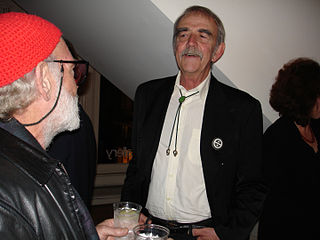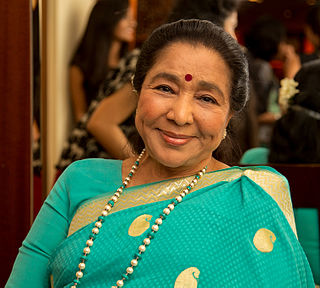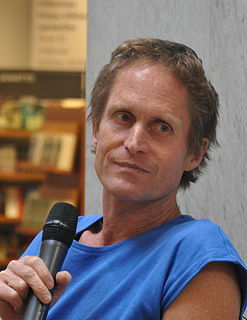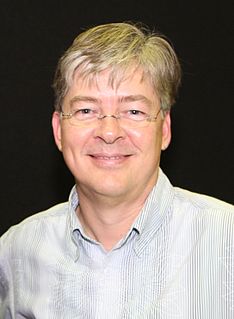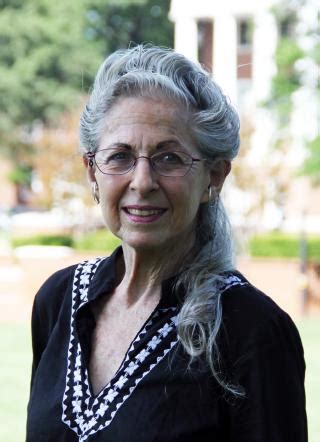A Quote by Pranitha Subhash
Related Quotes
I got tired of books where the boy is a bit thick and the girl's very clever. Why does it have to such an opposition? Why can't they be like the girls and boys that I know personally, who are equally funny and equally cross? Who get things equally wrong and are equally brave? And make the same mistakes?
I work in Hebrew. Hebrew is deeply inspired by other languages. Not now, for the last three thousand years, Hebrew has been penetrated and fertilized by ancient Semitic languages - by Aramaic, by Greek, by Latin, by Arabic, by Yiddish, by Latino, by German, by Russian, by English, I could go on and on. It's very much like English. The English language took in many many fertilizations, many many genes, from other languages, from foreign languages - Latin, French, Nordic languages, German, Scandinavian languages. Every language has influences and is an influence.
Writing in African languages became a topic of discussion in conferences, in schools, in classrooms; the issue is always being raised - so it's no longer "in the closet," as it were. It's part of the discussion going on about the future of African literature. The same questions are there in Native American languages, they're there in native Canadian languages, they're there is some marginalized European languages, like say, Irish. So what I thought was just an African problem or issue is actually a global phenomenon about relationships of power between languages and cultures.
I have become interested in languages which I cannot make up, which I cannot create or even create in: I have become interested in languages which I can only come up upon (as I disappear), a pirate upon buried treasure. The dreamer, the dreaming, the dream. I call these languages, languages of the body.







